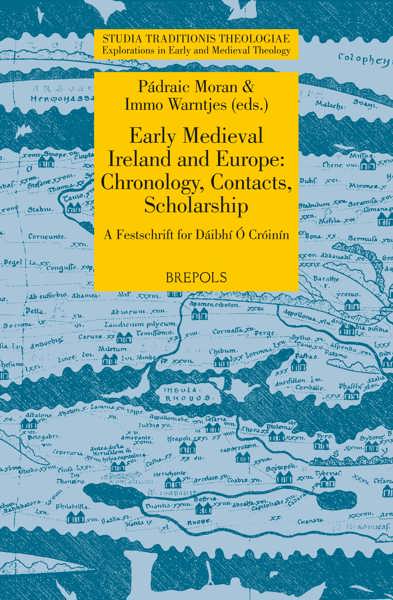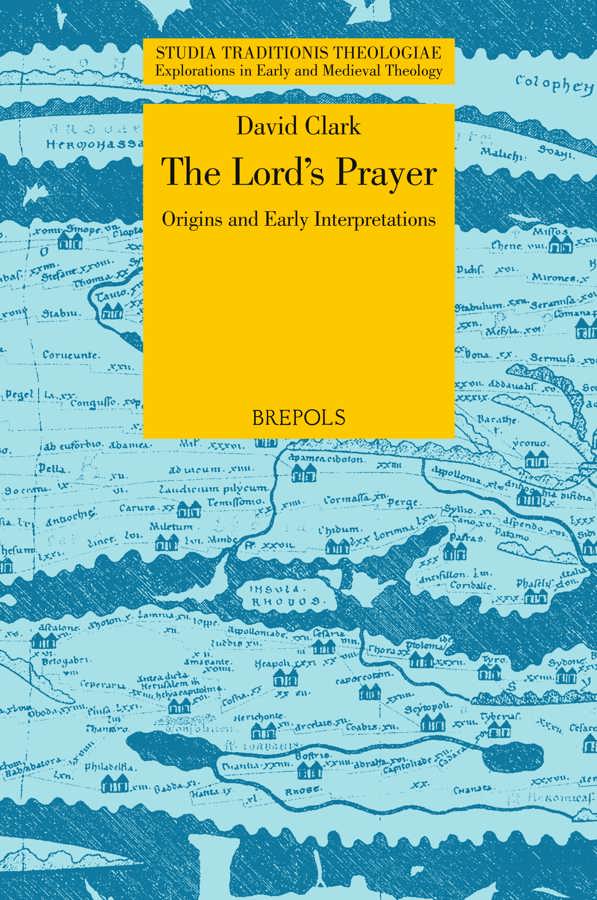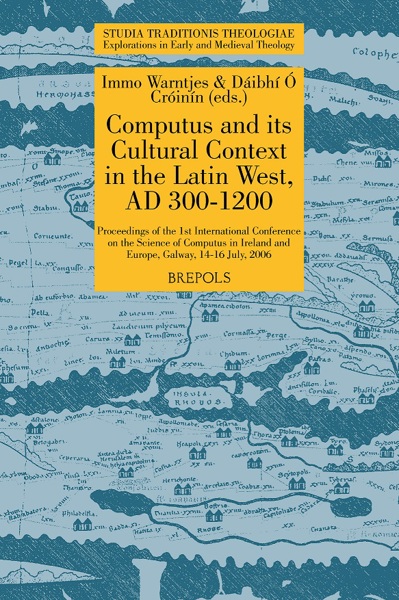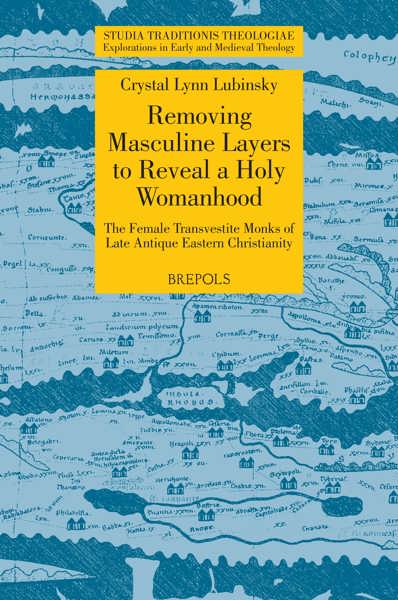
The Lord's Prayer: Origins and Early Interpretations
David Clark
- Pages: 258 p.
- Size:156 x 234 mm
- Language(s):English
- Publication Year:2016
- € 85,00 EXCL. VAT RETAIL PRICE
- ISBN: 978-2-503-56537-8
- Paperback
- Available
- € 85,00 EXCL. VAT RETAIL PRICE
- ISBN: 978-2-503-56896-6
- E-book
- Available
A new approach to the Lord's Prayer, creating a unified narrative of its reception history from 1st century Judaism to early catholic Christianity.
"Clark has traced a movement of prayer begun by the lakeside in Galilee to the cosmopolitan and metropolitan city of Carthage both painstakingly and meticulously. My suggestion is that his work is well done and substantiated hy his analysis and insights" (Michael Jackson, in Anaphora: The Journal of the Society for Liturgical Study, 2018, p. 81-83)
David Clark is an international teacher and organizational leader serving with Youth With A Mission. He holds a MDiv from Bethel University and a PhD in historical theology from the University of Nottingham. He lives near Minneapolis, MN with his wife and five children.
In first-century Palestine, a revival was taking place. Many Jews were looking for a more personal encounter with their God. They believed that the glory of YHWH was not confined to the Jerusalem sanctuary, and that in the ‘temples’ of their homes and synagogues they could be like the priests. They would offer sacrifices not of animals, but of prayer. It was in this setting that Jesus taught his followers to say, “Our Father in heaven ...”
Over the course of two centuries, this Jewish prayer became a central feature of Christian ritual. The process of transformation is discerned in various texts: the Gospels of Matthew and Luke, the Didache, and Tertullian’s De oratione. To a significant degree, each of these interpreters built upon the foundation that Jesus had established. Yet they also created innovatory significance, forms and functions for this simple prayer.
This work presents the early interpretive history of the Lord’s Prayer. It not only surveys what it meant to Jesus and the early Christians, but also seeks to address the question of why the understanding of the Lord’s Prayer changes. Biblical texts invite – even urge – new interpretations. The meaning of the Lord’s Prayer is to be found not just in its ‘original sense,’ but in the history of its meaning. This work traces the beginning chapters of a two-thousand-year-story that we ourselves continue to shape.




